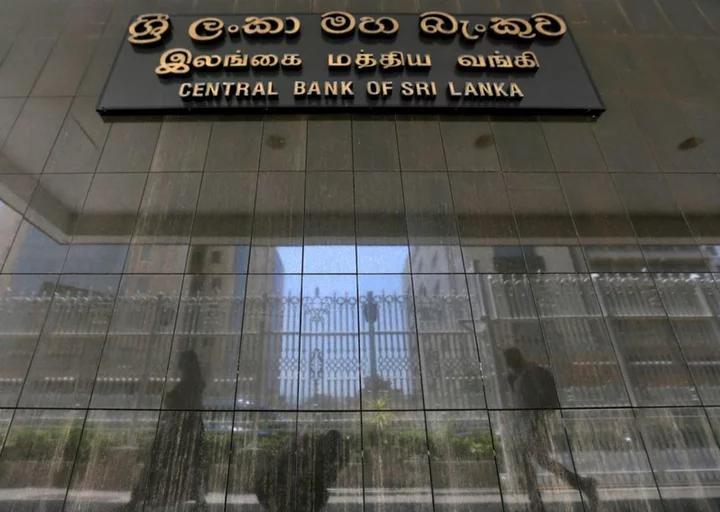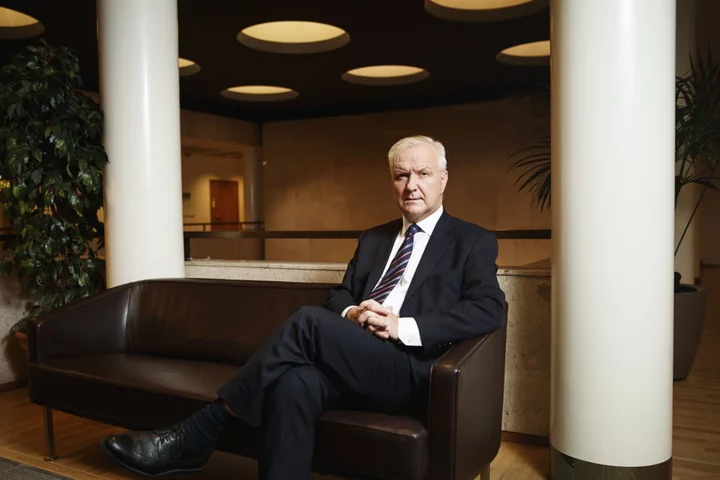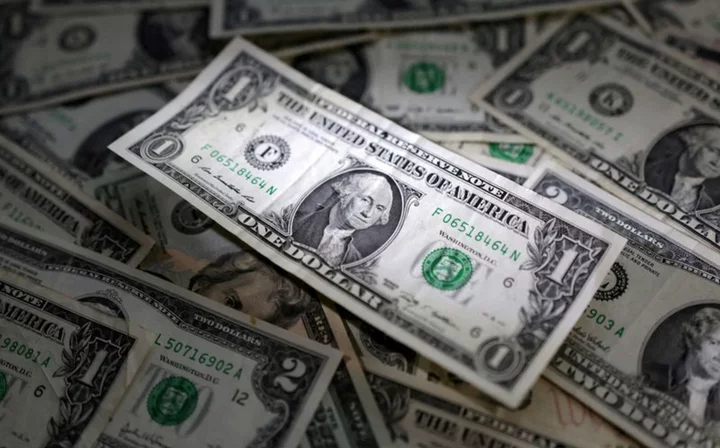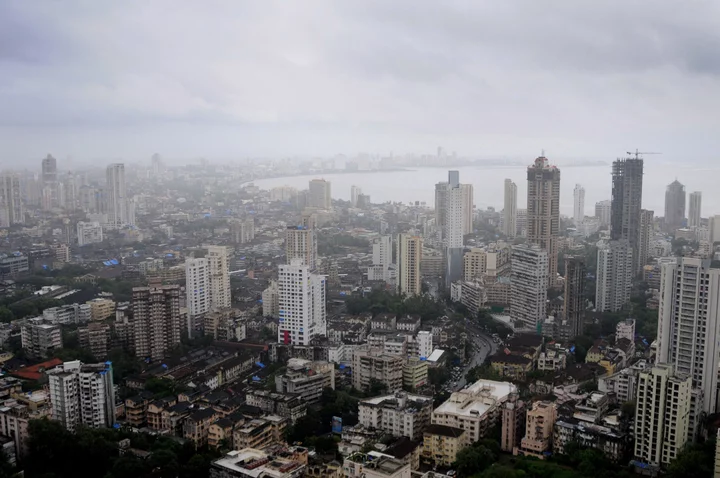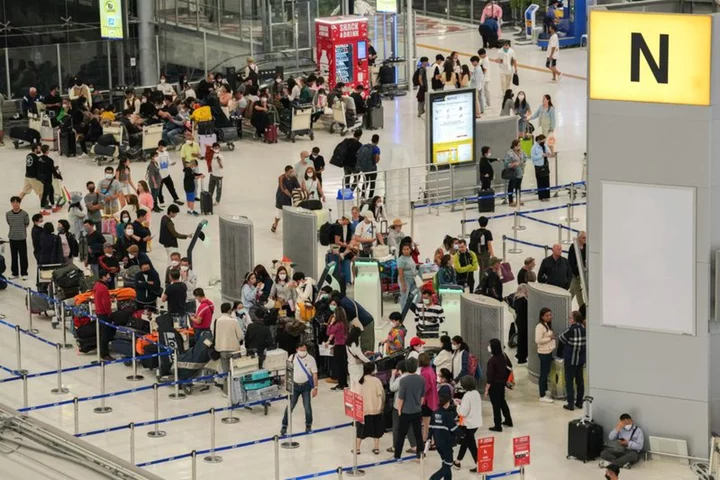ANKARA, Turkey (AP) — The Turkish central bank faces a key test Thursday on turning to more conventional economic policies to counter sky-high inflation after newly reelected President Recep Tayyip Erdogan gave mixed signals about an approach that many blame for worsening a cost-of-living crisis.
It is the bank's closely watched first interest rate-setting meeting since the longtime leader named internationally respected officials to head the bank and the finance ministry. While a sharp rate hike is expected, it’s not clear if it will be enough to ease market concerns.
The appointments were seen as a sign that Turkey would change course and abandon Erdogan’s unorthodox belief that lowering interest rates fights inflation. Traditional economic theory says just the opposite, and central banks around the world have been rapidly raising rates to combat spikes in consumer prices — including a likely rate hike Thursday by the Bank of England.
Erdogan — a self-declared “enemy” of high borrowing costs — has said he would “accept” his new finance minister’s policies but also insisted that his views have not changed. That has led to questions about whether Turkey's central bank could act independently.
“We will take decisive steps in the fight against inflation," Erdogan said Wednesday. "We will increase our efforts to protect large sections of our people from the effects of inflation.”
Under pressure from Erdogan, the central bank cut its key interest rate from around 19% in 2021 to 8.5% earlier this year, despite soaring inflation that hit an eye-watering 85% last year. Inflation has eased to 39.5% last month, according to official figures, but independent research group ENAG says the true rate is 109%.
Economists say Erdogan’s unconventional belief has exacerbated economic turmoil, leading to currency and cost-of-living crises that have brought hardship to many households struggling to afford food, housing and other necessities. Erdogan says his economic model prioritizes growth, exports and employment.
Experts also say the central bank has depleted its foreign currency reserves as it tried to prop up the Turkish lira ahead of elections last month. The currency has lost around 21% of its value against the dollar since the start of the year.
It was not clear just how substantial an expected hike in the bank's benchmark interest rate could be.
A huge increase in the rate from 8.5% to around 20% “wouldn’t necessarily satisfy the markets, but it would have to be read as a signaling toward more orthodox monetary policy going forward,” said Can Selcuki, director of the Turkiye Raporu polling agency and a former World Bank economist for Turkey.
Selcuki said a hike to around 30% to 35% “would mean that the central bank has decided to actively target inflation going forward.”
Erdogan, who won a third term in a runoff election May 28, reappointed Mehmet Simsek to the helm of the economy. The former Merrill Lynch banker had previously served as Erdogan's finance minister and as a deputy prime minister until 2018.
Simsek said soon after his appointment that Turkey had no other option but to return to a “rational ground.”
In another sign of a move toward more pragmatic policies, Erdogan appointed Hafize Gaye Erkan this month as Turkey’s first female central bank governor. A former co-chief executive of the now-failed San Francisco-based First Republic Bank, Erkan replaced Sahap Kavcioglu, who oversaw a series of rate cuts.
Erdogan had fired three central bank governors who resisted pressure to cut interest rates before appointing Kavcioglu in 2021. Naci Agbal, who proceeded Kavcioglu, was removed from his post days after he raised rates.
Selcuki said questions remain about whether the newly appointed officials would be able to “stick to their preferred policy” as the country heads to local elections in March 2024.
“What needs to be done right now is some form of tightening, and that is an undesired process for any incumbent before elections,” he said.
On Tuesday, the government increased the minimum wage by 34% — a move that critics say is designed to ease the impact of inflation on households in the runup to next year’s vote.
___
Wieting reported from Istanbul. AP videojournalist Mehmet Guzel contributed from Istanbul.


